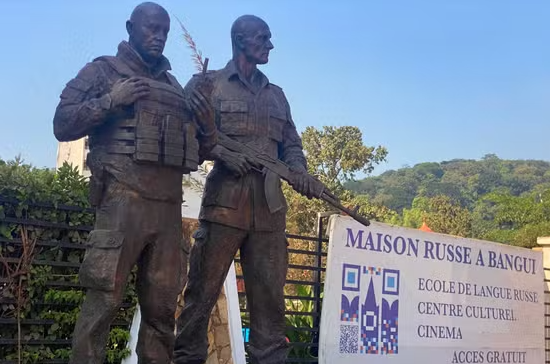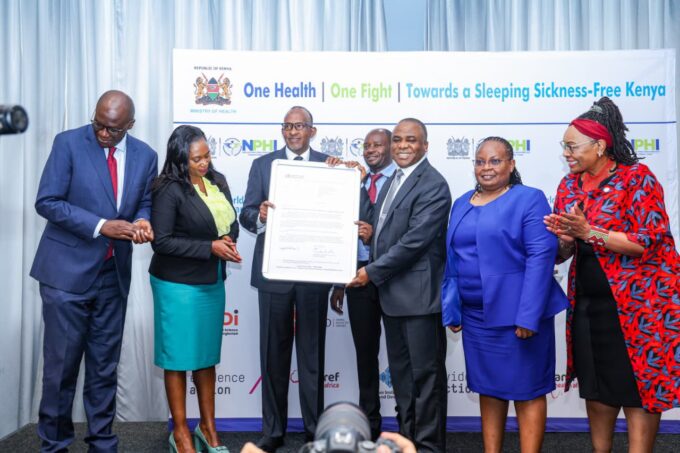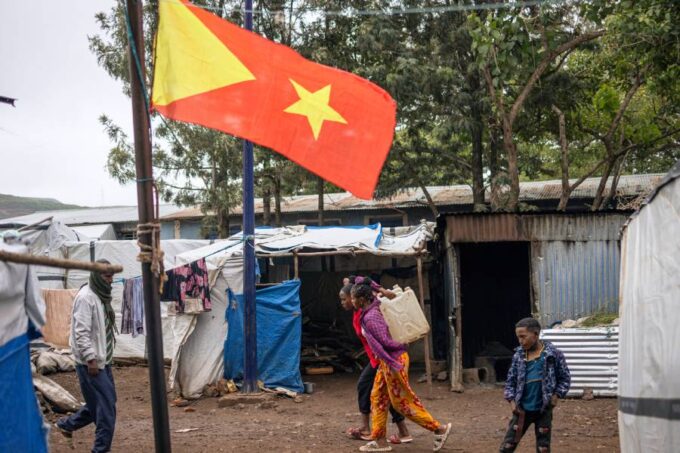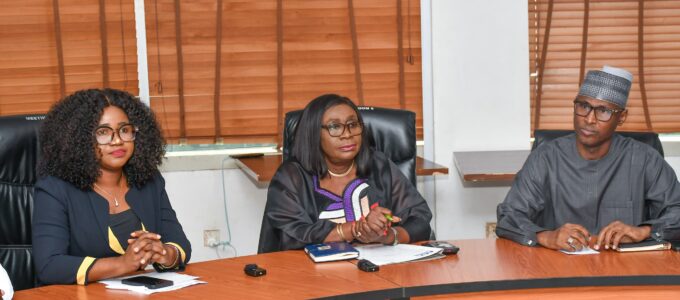The Wagner Group, Russia’s infamous private military company, continues to maintain its strategic foothold in Africa, particularly in the Central African Republic (CAR) and Mali, despite significant leadership disruptions following the death of its founder, Yevgeny Prigozhin. Attempts by Moscow to restructure Wagner’s African operations under a new military umbrella, dubbed the ‘Africa Corps,’ have yet to fully displace the group’s entrenched networks and relationships on the continent.
Prigozhin, who died in a mysterious plane crash on August 23, 2023, alongside his deputy Dmitri Utkin, left behind a well-established paramilitary structure in Africa. His influence endures in places like Bangui and Bamako, where Wagner operatives remain critical to the security and political apparatus of their host governments. While Moscow appears determined to centralize Wagner’s operations under state control, African leaders in these countries continue to favor the group’s presence, recognizing its immediate military utility and established channels of cooperation.
The reverence for Prigozhin and Utkin in CAR is strikingly visible. On December 3, 2024, a bronze statue of the two men was unveiled outside the Russian House in Bangui, a symbolic Soviet-style cultural center that embodies Russia’s growing influence in the region. The monument, depicting Prigozhin in fatigues and body armor and Utkin wielding a Kalashnikov rifle, serves as a reminder of their enduring legacy in CAR’s security landscape. It also signals the degree to which Wagner’s operatives remain active and valued, despite their founder’s demise.
CAR’s government, which has leaned heavily on Wagner forces since 2018, continues to view the group as a vital partner in securing the regime and combating rebel groups that threaten its authority. Wagner operatives have been instrumental in training local forces, protecting key state infrastructure, and pushing back armed insurgencies. Their role has secured a level of stability for the government in Bangui, albeit through controversial means that include allegations of human rights abuses.
In Mali, the relationship between Wagner and the ruling military junta remains steadfast. Since 2021, Wagner forces have been deployed to support Mali’s military leadership in its fight against jihadist insurgencies, following strained ties between Bamako and traditional Western allies like France. The Wagner Group’s presence in Mali coincided with the junta’s pivot towards Russia for military assistance, a shift that has brought both operational and political dividends for Bamako.
While Wagner’s future under Moscow’s evolving strategy remains uncertain, its established networks in Mali ensure continuity. The military leadership continues to benefit from Wagner’s expertise in counterinsurgency operations and its ability to deliver results without the diplomatic strings typically attached to partnerships with Western powers.
Following Prigozhin’s rebellion against Russian President Vladimir Putin in June 2023, which ultimately failed, the Kremlin moved swiftly to tighten control over Wagner’s sprawling empire. The Ministry of Defense and Russia’s military intelligence agency, the GRU, were tasked with integrating Wagner’s assets into a newly proposed ‘Africa Corps,’ a state-controlled civil-military organization intended to oversee Russia’s strategic engagements in Africa.
However, the restructuring has proven complex. Wagner’s operations in CAR and Mali are deeply entrenched, relying on personal relationships, on-the-ground networks, and financial arrangements that are not easily dismantled or absorbed. In both countries, Wagner remains the primary face of Russia’s military influence, even as Moscow seeks to rebrand and realign its African strategy under official state mechanisms.














Leave a comment